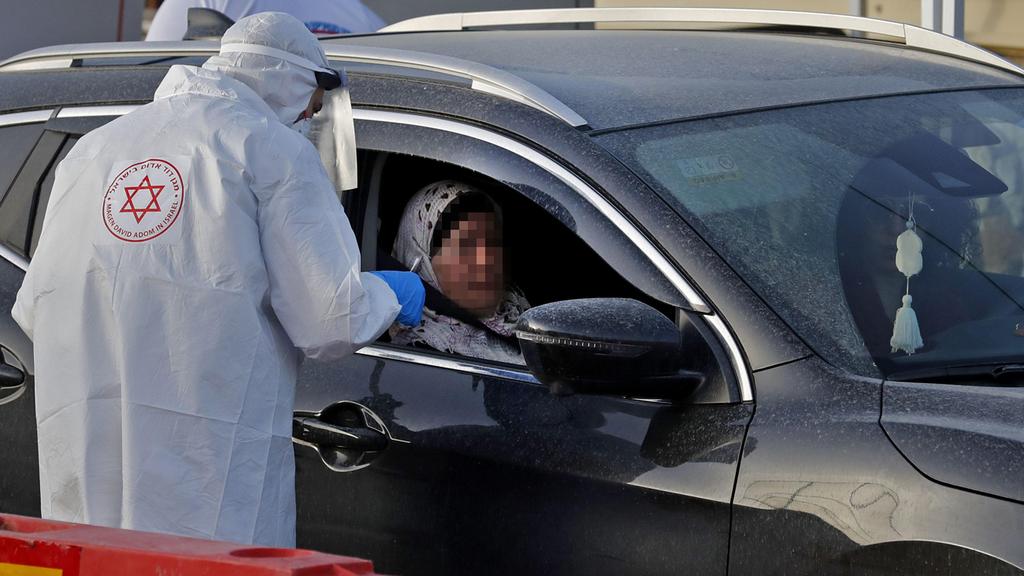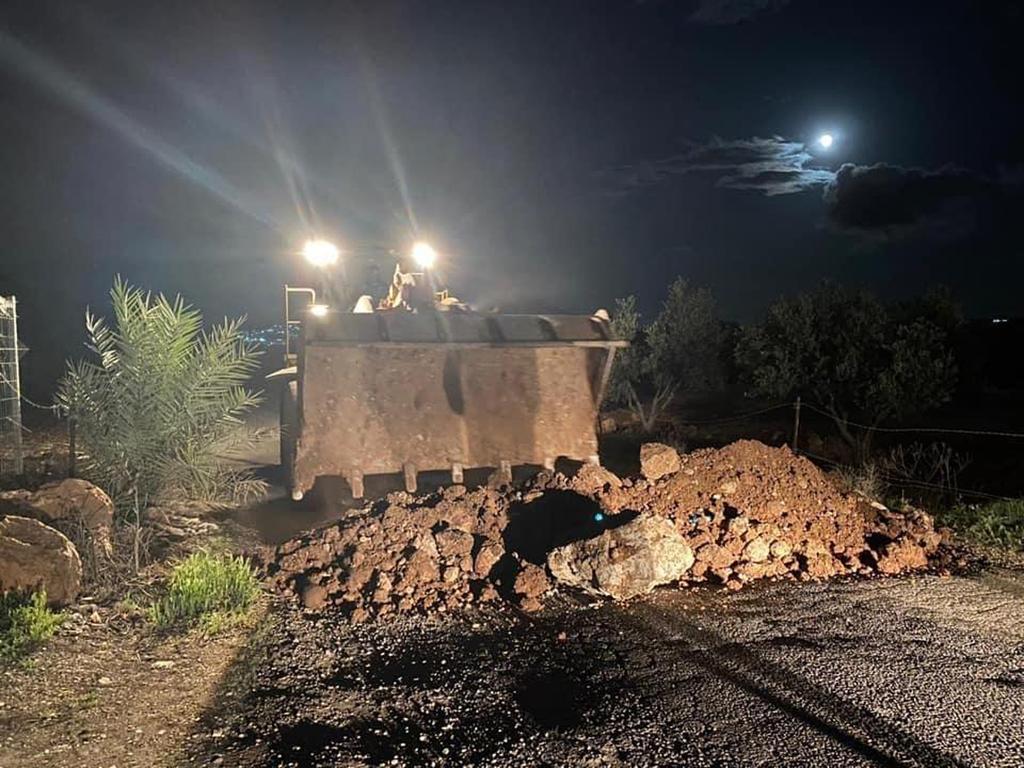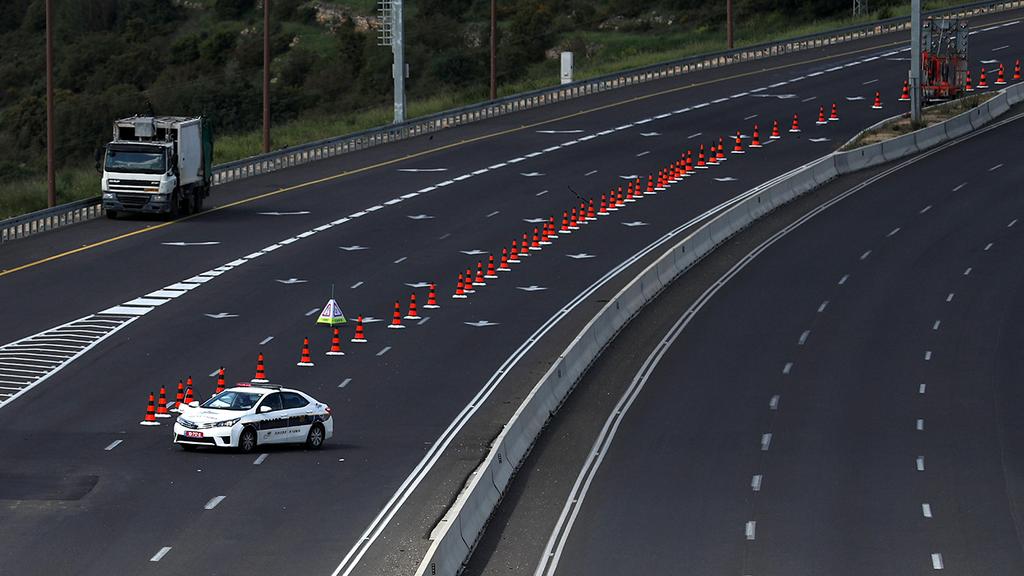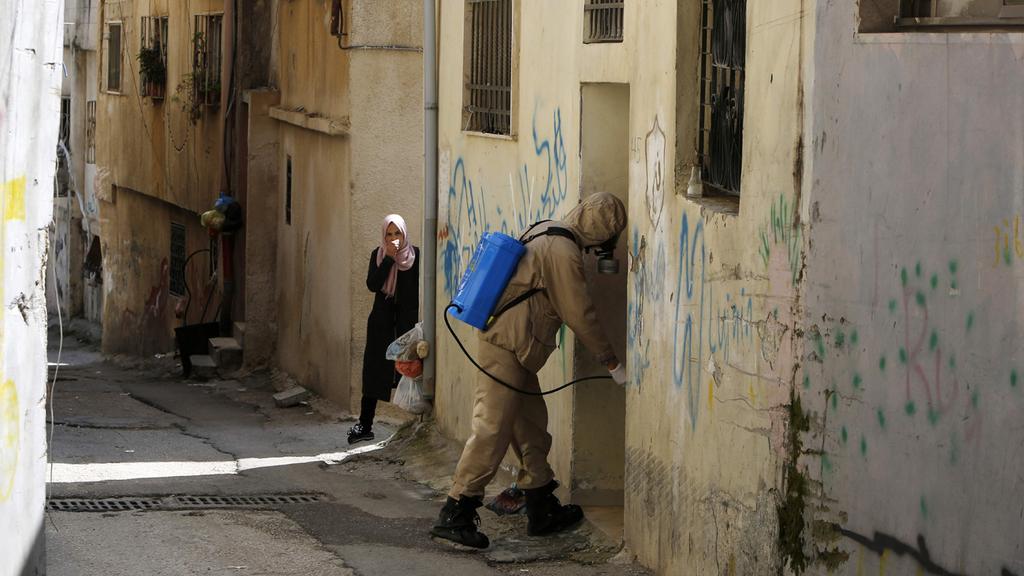Senior Health and Defense officials showed concern that the upcoming Ramadan celebrations could lead to an increased spread of coronavirus among Israel's Muslim communities.
The issue was brought before the National Security Council last week, with the discussion focusing on the traditional festival set to start on April 23, and which could pose a potential threat to the ongoing efforts tiring the Israeli populace.
The traditions of late-night family dinners, the mass acquisition of bread and sweets before sunset, and festivities raise concern that the Muslim holiday could lead to mass gatherings and an increased spread of the virus, even if mosques remain closed.
Much like their Jewish compatriots, who were instructed to remain home during the Passover Seder, the Health Ministry is set to issue similar directives urging Muslims nationwide to celebrate Ramadan with household members only.
Some officials praised the high awareness among the Arab sector to the dangers of COVID-19 and its strict adherence to Health Ministry directives.
"It's astonishing how much they fear infection," said a senior official present at the discussion. "It mainly stems from how the Palestinian Authority has been handling the epidemic – with aggressive lockdowns and policing actions, even before Israel has done anything close to it."
5 View gallery
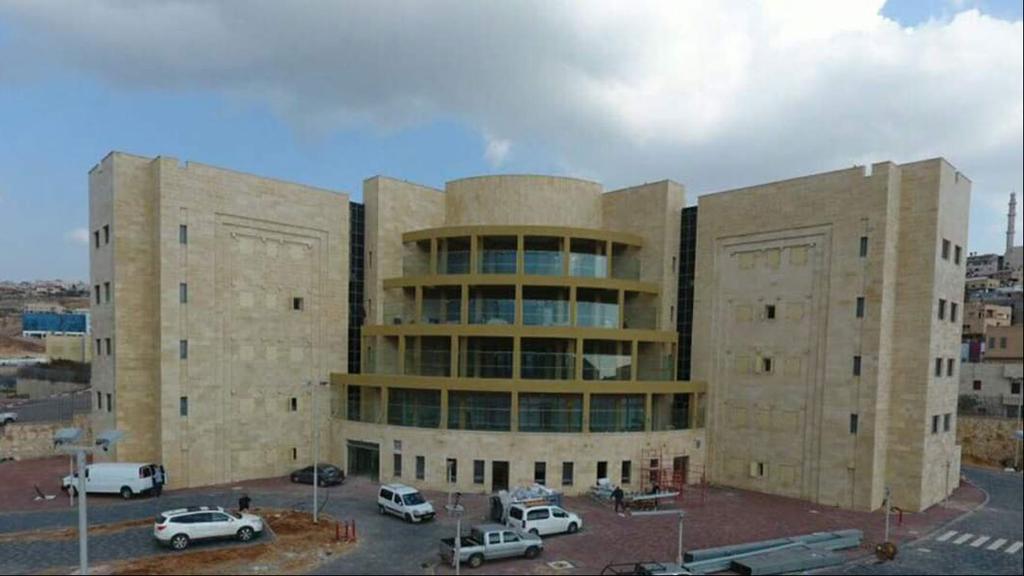

A local medical center in Umm al-Fahm to be turned into a specialized coronavirus facility
(Photo: Umm al-Fahm Municipality )
Unlike many coronavirus patients with light symptoms within the ultra-Orthodox and the general population, who preferred to self-quarantine at home, about 350 Arab Israeli patients have recently requested to be admitted to specialized quarantine hotels operated by the IDF Home Front Command.
Due to the high demand, the army has decided to requisition the Carlton Hotel in Nahariya to treat coronavirus patients as well, to assist patients in the northern Galilee, many of whom hail from the Arab community.
There are currently hundreds of Arab patients already treated in similar facilities in Tel Aviv, Jerusalem, and northern Israel.
Doctors, local and political leaders within the Arab sector have called upon the public to remain at home and not go outside unless necessary.
As of now, there are 31 confirmed cases in Jisr az-Zarqa, 32 in Umm al-Fahm, 18 in Baqa al-Gharbiyye, 16 in Jatt, 16 in Tamra, and 23 in Daburiyya.
Rafa Shalbi, Chief Councilor for the northern village of Iksal – where six cases of coronavirus have been confirmed so far, blocked the road leading from his town to Daburiyya to prevent people from traveling between the two communities.
Brother Patin Biadsa, who heads the health committee for the village of Baqa al-Gharbiyye, described how authorities are working hard to detect possible infections and assist those who need to be tested for the virus.
"If it weren’t for our efforts, there would have been more than 18 confirmed cases," said Brother Biadsa. "Unfortunately, people still don't take public health directives seriously. Every day, we call on residents to respect the precautions and stay at home to better control the virus."
These days, many Muslim citizens pray the outbreak will end by the month of Ramadan. Many have said that if the epidemic continues, they will not violate directives and keep the mosques closed.
Others have said that there is a danger that many will not adhere to the health directives during Ramadan, especially thoughts leaving at nighttime and staying out late.
Religious and community leaders emphasized that they are prepared for such a scenario and promise to assist in raising public awareness and if police are unable to control the situation.
Large police forces are currently posting checkpoints at the entry to Arab villages, patrol the neighborhoods and check people and vehicles. Anyone found to be out of their home for a non-essential reason is will be either warned or handed a NIS 500 fine.
Police also cracked down on several mosques and shops which were illegally open, dispersed the crowds at the scene and demanded the immediate closure of the area.
Prof. Ran Balitzer, a member of the Health Ministry's coronavirus taskforce, said that it is too early to predict the size of the spread of the virus in the Arab population.
"The real test will be Ramadan," said Prof. Balitzer. "If the population acts in accordance with the directives, we will pass this period in peace."
"As the big test for the Jewish population was Passover, the Arab population's big test is the month of Ramadan. A lot of effort must be invested in public relations so the outbreak in these communities does not get out of hand. I am convinced that the Arab population is up to the task and will keep in line with social distancing and prevention of mass gatherings and will prevent an uncontrollable spread in their villages."
Despite the rather low numbers reported in by the Palestinian Authority, officials are worried that they will lose control of the outbreak.
The Palestinians are forced to handle the virus in two sperate, uncoordinated locations: The West Bank and the Gaza Strip. All efforts are slowed down due to the continued political rift between the two Palestinian territories' ruling factions, Fatah in the West Bank and Hamas in Gaza.
As of Sunday evening, there are 255 confirmed cases and two deaths in the Palestinian Authority and only 13 cases in the Gaza Strip with no deaths reported.
It is safe to assume that the true numbers are much higher given the Palestinians have only conducted 17,250 tests so far – 3,300 tests for every million people.
For comparison, Israel has conducted 117,000 tests so far – 13,500 tests for every million people.
First published: 20:19, 04.12.20


